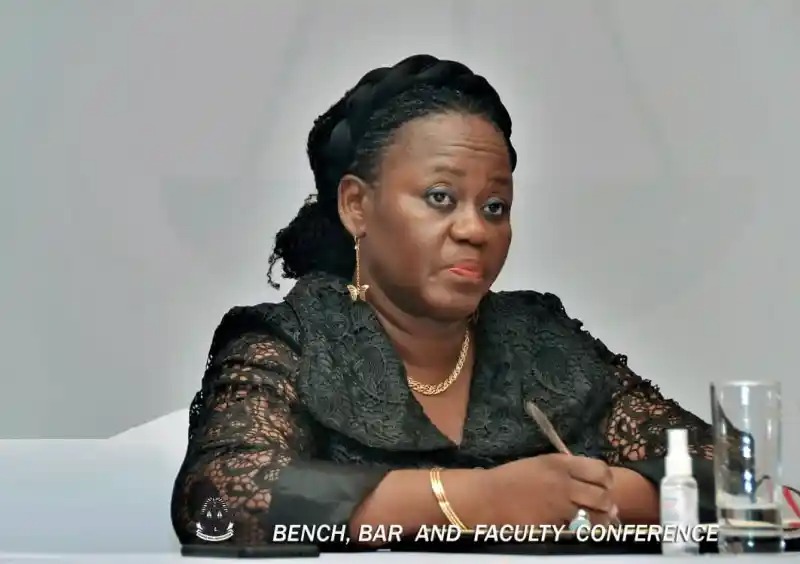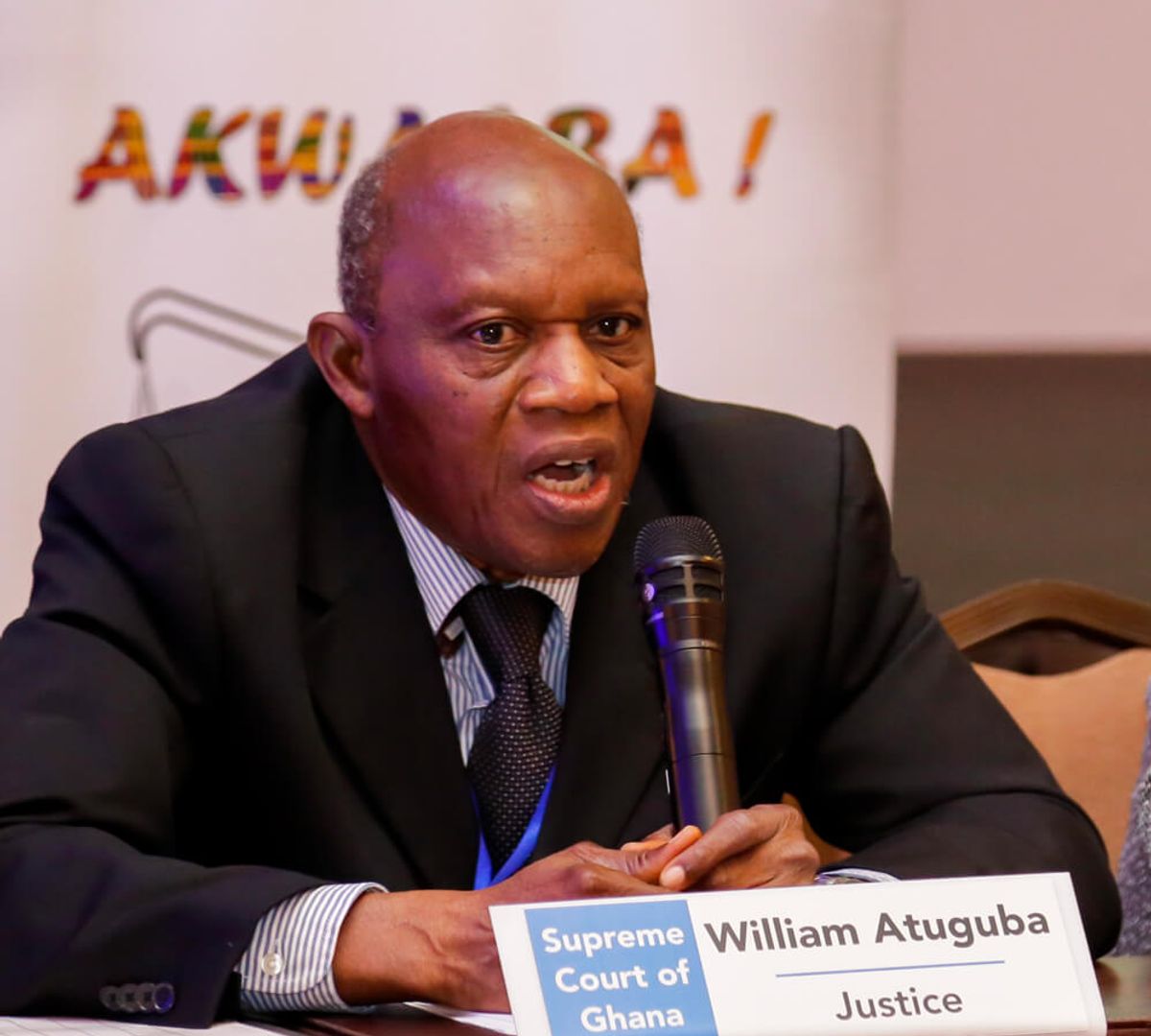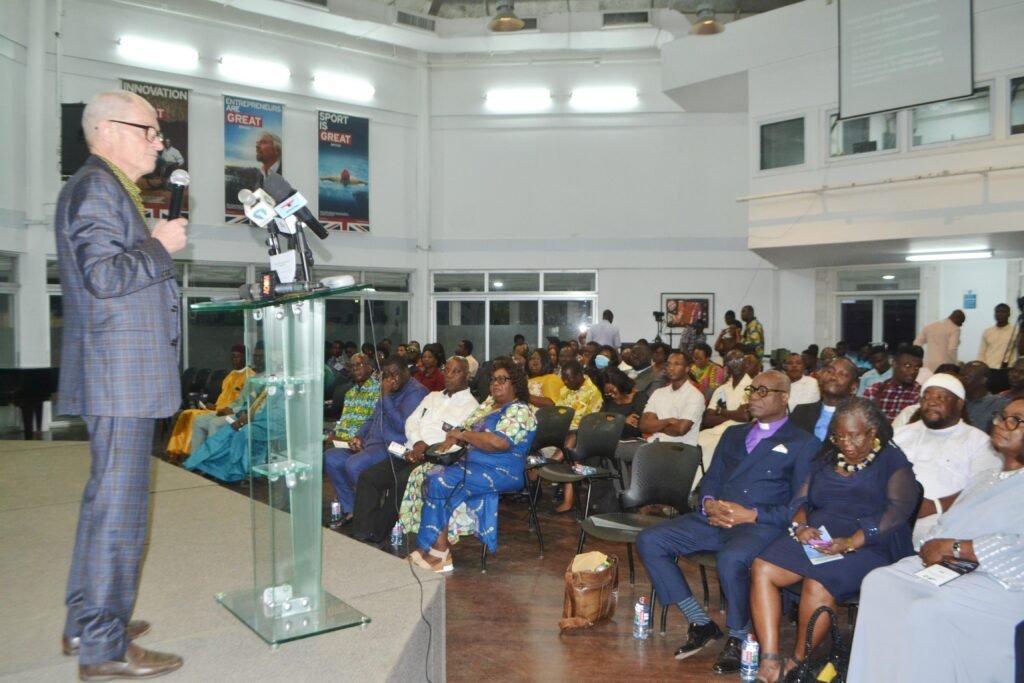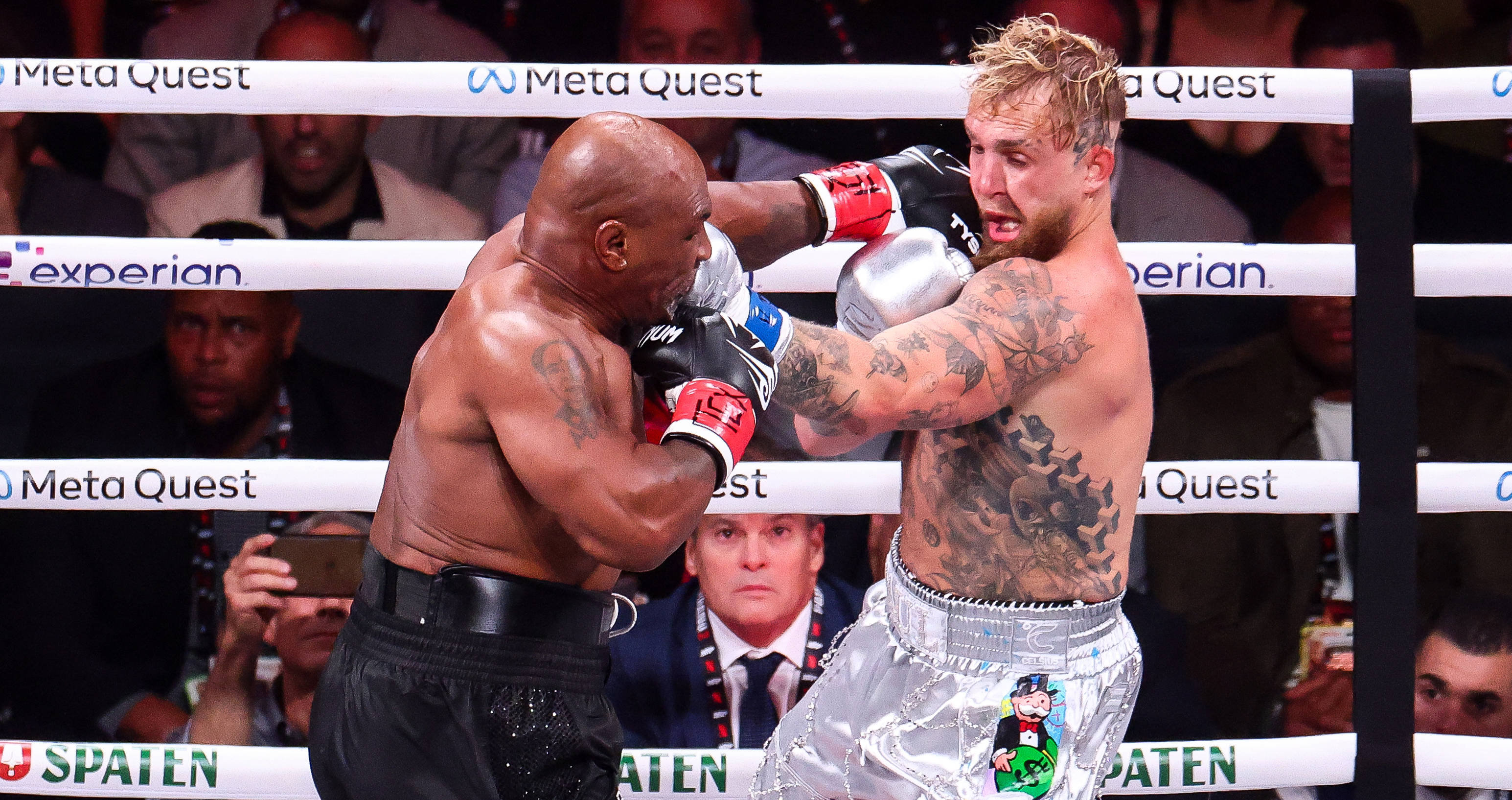

Retired Supreme Court Justice William Atuguba has criticised the reasoning of the five judges in the recent Supreme Court ruling on the vacant seats case, describing their approach as politically motivated.
In his view, the judges should not have accepted jurisdiction in the case, suggesting their decision was driven by political considerations. Justice Atuguba argued that the Supreme Court is mandated to hear cases where it has “original or exclusive jurisdiction” and not those involving “referenced or concurrent jurisdiction.” He supported his position by referring to previous legal precedents.
On 12 November, the Supreme Court, in a 5-2 majority decision, upheld a suit filed by Alexander Afenyo-Markin. The suit contended that Speaker Alban Bagbin misinterpreted Article 97(1)(g)(h) of the 1992 Constitution when he declared four parliamentary seats vacant. However, the two dissenting judges argued that the Supreme Court lacked jurisdiction over the matter.
Afenyo-Markin’s lawsuit led to a stalemate in Parliament. The National Democratic Congress (NDC) MPs claimed the majority position based on the Speaker’s ruling, prompting Members of Parliament from the New Patriotic Party (NPP) to boycott proceedings.
Speaking on Key Points on 16 November, Justice Atuguba commented on the court’s ruling, saying the politicisation of the judiciary had been ongoing for some time but had now reached alarming levels. “What is happening is mere politics. If we don’t arrest it, this vice will continue to fester and the constitution will be subverted,” he cautioned.
Justice Atuguba further criticised the majority opinion as lacking depth, calling it “superficial reasoning.” He described the outcome as foreseeable, stating, “It was predictable. The same five judges accepted jurisdiction, so it was predictable. The political poisoning has gone to its peak. The constitutional virus must be cured. If it continues, we will have rule of politics instead of rule of law.”
He also expressed concerns about “massive constitutional deterioration” and blamed this on how the Chief Justice is appointed. “The appointment of the Chief Justice by the President is the main problem. In fact, he nominates and appoints. How can you have independence of the judiciary when the head is yours?” he questioned.
Addressing why younger judges were empanelled for such a significant case instead of more experienced ones, Justice Atuguba asserted that political motives were at play. “What reason will you use to justify empaneling younger judges over seasoned ones for such a landmark case, if not politics?” he argued.

Justice Atuguba also raised concerns about the enforceability of the Supreme Court’s declarations, emphasising that additional directives were needed to give them practical effect. He explained, “The Constitution itself says the Supreme Court shall, for the purposes of a declaration, and across one of this article, make such orders and give such directions as it may consider appropriate for giving effect or enabling effect to be given to the declaration.”
He highlighted that a “bare declaration” from the court was insufficient without further orders to ensure enforcement. “Article 2 doesn’t stop at declaration. It goes further to say the Supreme Court shall, for the purposes of a declaration, and Clause 1 of this article make such orders and give such directions as it may consider appropriate for giving effect or enabling effect to be given to the declaration so made. So the Constitution itself it’s there that the bare declaration to be effective needs further orders,” he noted.
Speaking on JoyNews’ Newsfile, he elaborated, “It has legal force, but the enforceability aspect of it is absent.”
Read Full Story













Facebook
Twitter
Pinterest
Instagram
Google+
YouTube
LinkedIn
RSS